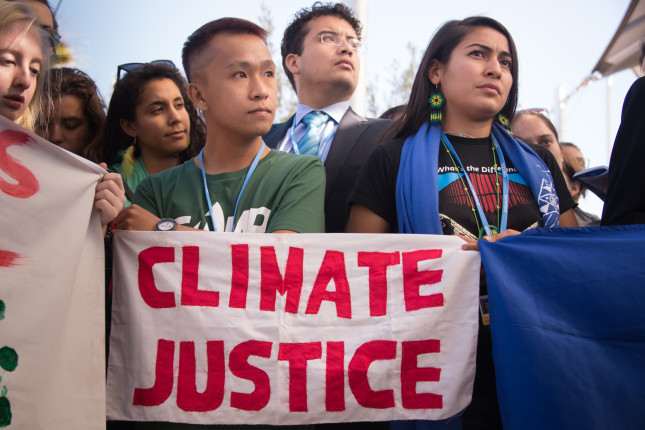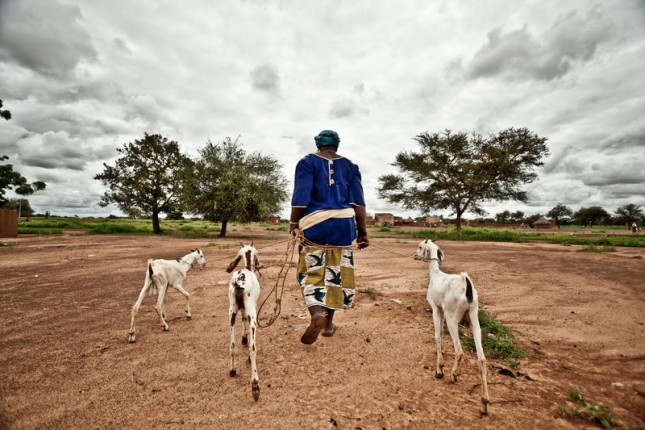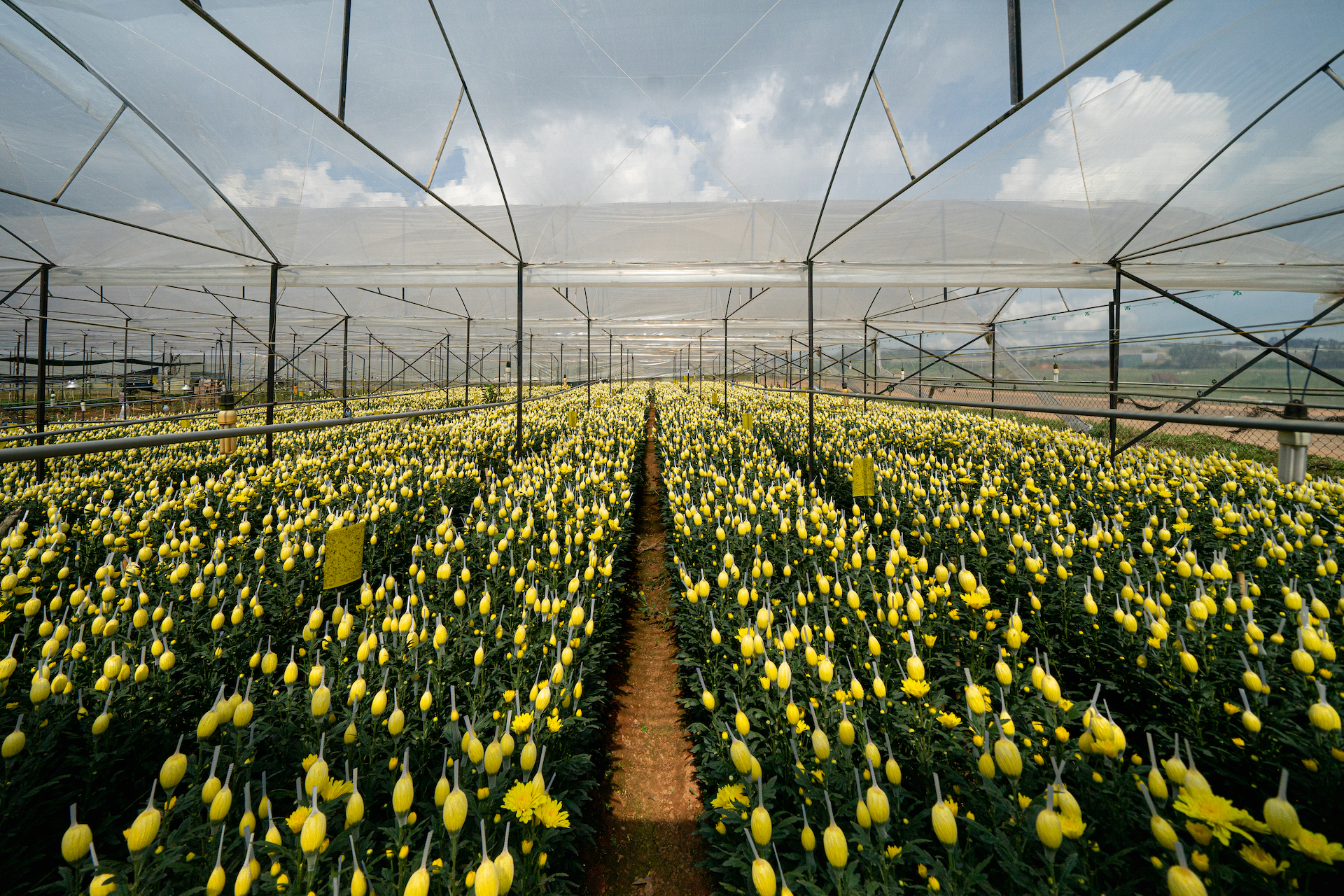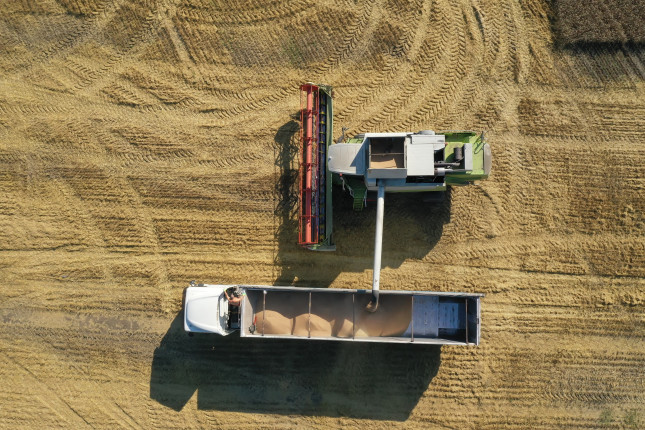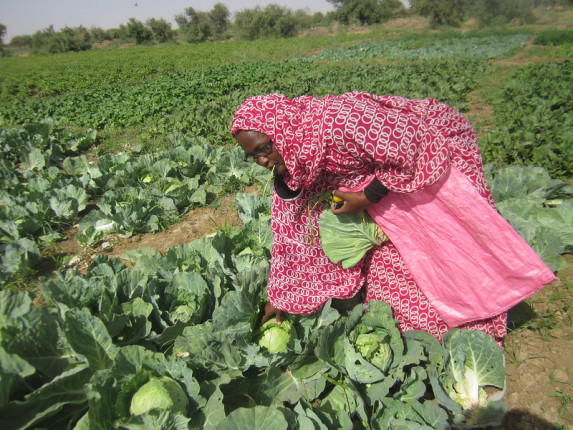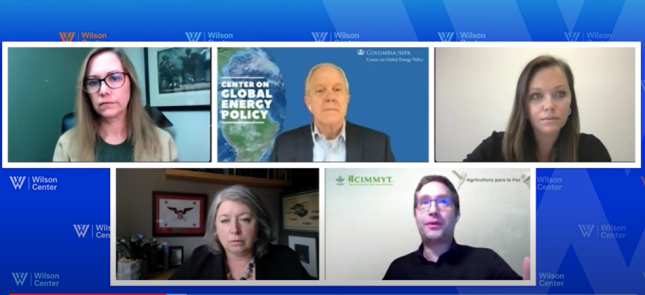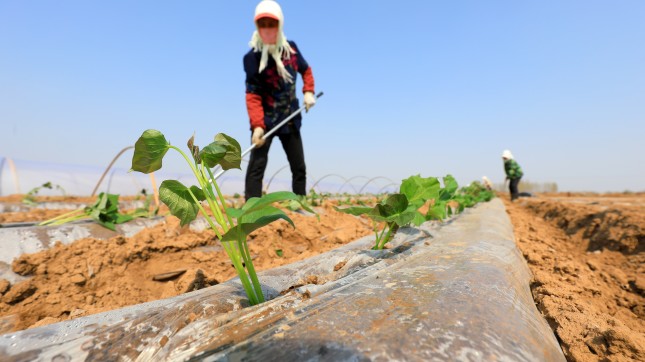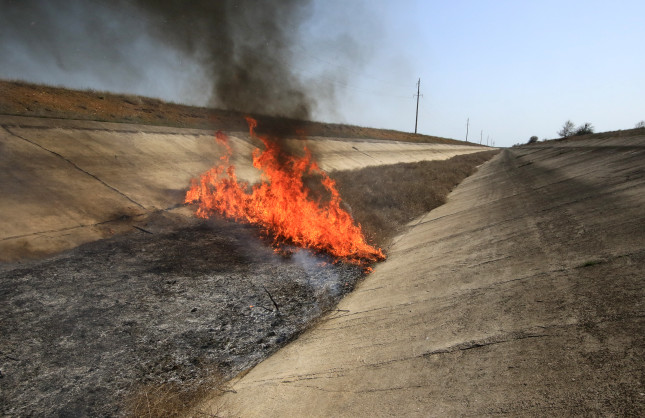-
Top 5 Posts for June 2022
›From climate change to COVID-19 and the war in Ukraine, the world is a landscape of increasing instability. Book-ending the Top 5 posts of June are two articles that explore different aspects of these converging risks. In the top post for June, Steven Gale and Mat Burrows write that globally, younger generations are becoming increasingly disengaged and discontent with their democratic governments, civil society, and institutions. Youth disillusionment is not a result of ignorance to current affairs, but rather a lack of faith in democratic institutions to address today’s most pressing global issues. Tackling youth disillusionment, suggest Gale and Burrows, begins with examining youth engagement trends and placing it at the top of the agenda.
-
What’s in a Name? Making the Case for the Sahel Conflict as “Eco-violence”
›
The Sahel region of Africa is a semi-arid, arc-shaped landmass that stretches 3,860 kilometres from Senegal across portions of Mali, Burkina Faso, Niger, Nigeria, Chad, and even Sudan. It is also the most neglected and conflict-ridden part of the planet, according to the Norwegian Refugee Council.
-
Greenhouse Plastic Boom Blights Vietnam’s Vegetable Basket
›China Environment Forum // Guest Contributor // Vulnerable Deltas // June 30, 2022 // By Govi Snell & Thinh DoanCam Ly landfill was, until it was shut down in 2020, the primary dumping ground for the city of Dalat. A hilltop locale 5 kilometers from central Dalat, the landfill was the final destination for the majority of plastic used in agriculture in Vietnam’s Central Highlands region. But in August 2019, heavy rain prompted an outpouring of trash, sending plastic sheeting from greenhouses and untreated agrichemical bags and bottles rushing downhill. The incident covered lowland farms in thousands of metric tons of waste. -
In a Time of Competing Crises, Environmental Action Matters More than Ever
›Guest Contributor // June 3, 2022 // By Richard Black, Cedric de Coning, Geoffrey D. Dabelko, Hafsa Maalim, Melvis Ndiloseh, Dan Smith & Caspar Trimmer
Last week saw the launch of SIPRI’s major policy report Environment of Peace: Security in a New Era of Risk, looking at how to manage the growing risks emerging at the nexus of environmental degradation, peace and security.
-
Can Conflict-Sensitive Gender Analysis Close the Door on Backdraft?
›
Effective climate action demands urgent transformational change. It is also increasingly clear that responses to climate change—whether focused on curbing emissions or adapting to climate impacts—can profoundly influence and change how people live. It touches upon many aspects of their everyday life, including their livelihoods, where they live, and their roles in the community. These changes also can have substantial effects on the socio-ecological systems in which people live— bringing unintended tensions and drivers of conflict that are referred to broadly as backdraft.
-
System Shock: Russia’s War and Global Food, Energy, and Mineral Supply Chains
›
Russia’s invasion of Ukraine is sending shockwaves through global systems for natural resources like food, oil and natural gas, and critical minerals. But a recent Wilson Center event assessing the fallout of the conflict also looked to the deeper implications and lessons from the crisis.
-
Microplastics in Soil – Small Size Big Impact on U.S. and Chinese Agriculture
›Collecting plastic fragments was a game he played while helping his parents farm when growing up in rural Shandong Province, says Dr. Zhao Kaiguang, who is now an associate professor of Environment and Natural Resources at The Ohio State University: “I wanted to collect the most, but did not realize the serious negative implications of leaving plastic in the soil.”
-
Top 5 Posts for March 2022
›
The devastation wrought by Russia’s invasion of Ukraine has shocked the world. But underneath the searing photographs and headlines, the war also highlights how access to natural resources shapes conflict—and how addressing regional resource needs is central to effective peacebuilding. For instance, the contentious North Crimean Canal cut off most of the water in occupied Crimea in 2014, leading to water insecurity and a loss of arable land. In our top post for March, Mehmet Altingoz and Saleem Ali discuss the role of water infrastructure in the years-long conflict between Russia and Ukraine and explain how water-sharing agreements could make critical contributions to peace.
Showing posts from category agriculture.


